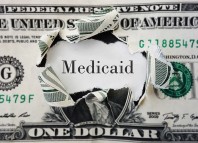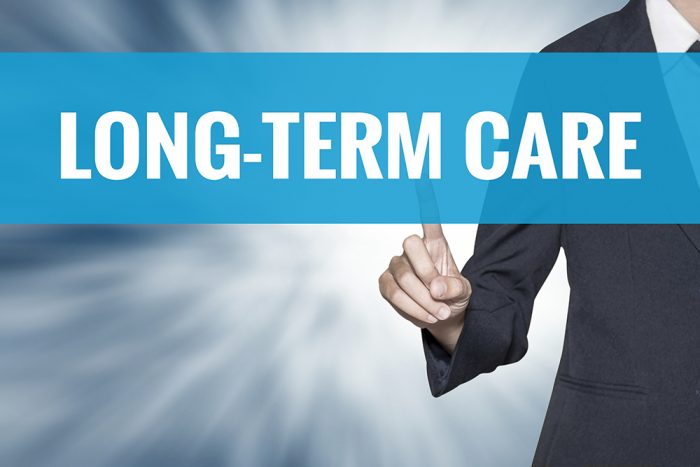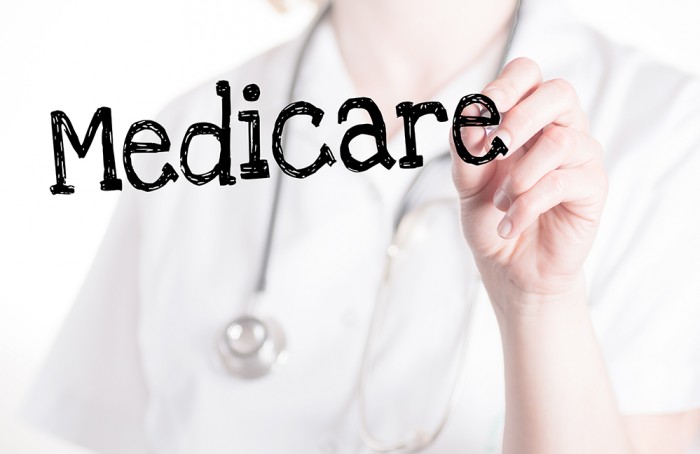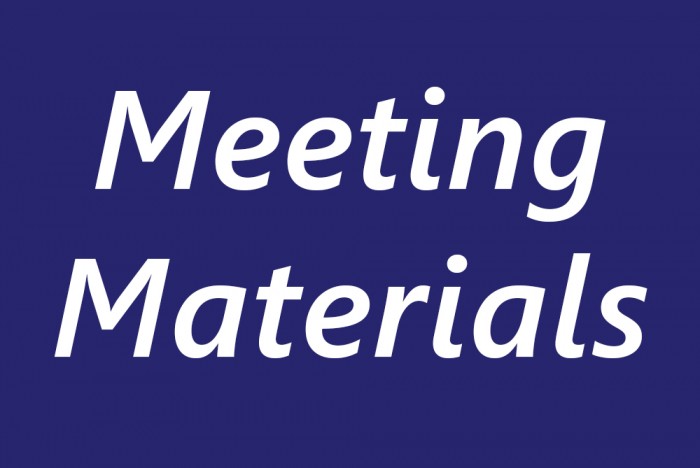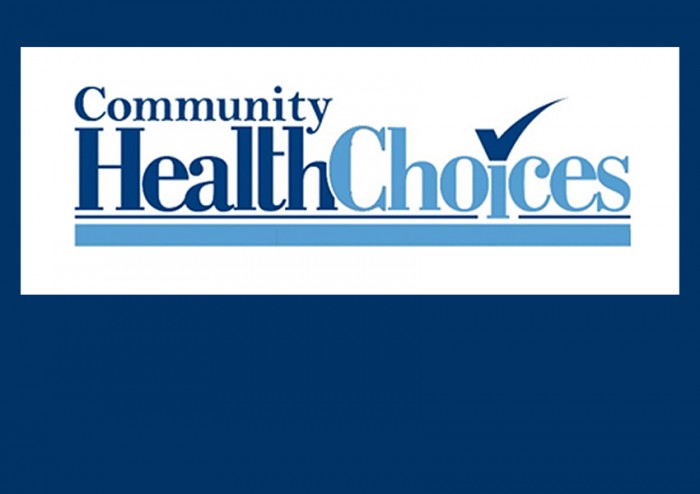The Pennsylvania Department of Health (DOH) and Department of Human Services (DHS) will conduct a webinar, “COVID-19 Vaccine: Information & Best Practices,” on Thursday, January 21, 2021 from 2:00 pm – 3:00 pm. The webinar, through the Regional Congregate Care Assistance Teams (RCAT), will include feedback and information from experts and peers regarding vaccine education and implementation strategies.
Welcome! Login in to your account
Register for an account
A password will be e-mailed to you.
Recover your password
Melissa Dehoff
936 POSTS
0 COMMENTS
Melissa Dehoff is responsible for all medical rehabilitation and brain injury service issues. Ms. Dehoff attends multiple state-level meetings to advocate on behalf of members on brain injury and rehabilitation issues and is a member of the Department of Health Traumatic Brain Injury Advisory Board.
Immediate Request for Vaccination Information

OLTL Enacts Temporary Changes to Act 150 Program and OBRA Waiver
Support Continues for LTC Facilities for COVID-19: Regional Congregate Care Assistance Teams
Medicare Physician Fee Schedule Final Rule Payment Rates Revised
0 1251
2021 Annual Update to Therapy Code List
January 5, 2021 MLTSS Subcommittee Documents
CHC Waiver Amendments for 2021 Approved by CMS
Transition Plan Released to Phase Out Temporary Changes to CHC 1915(c) Waiver
OLTL Guidance for Adult Daily Living Providers for Additional Appendix K Flexibilities
© 2021 - Rehabilitation & Community Providers Association




